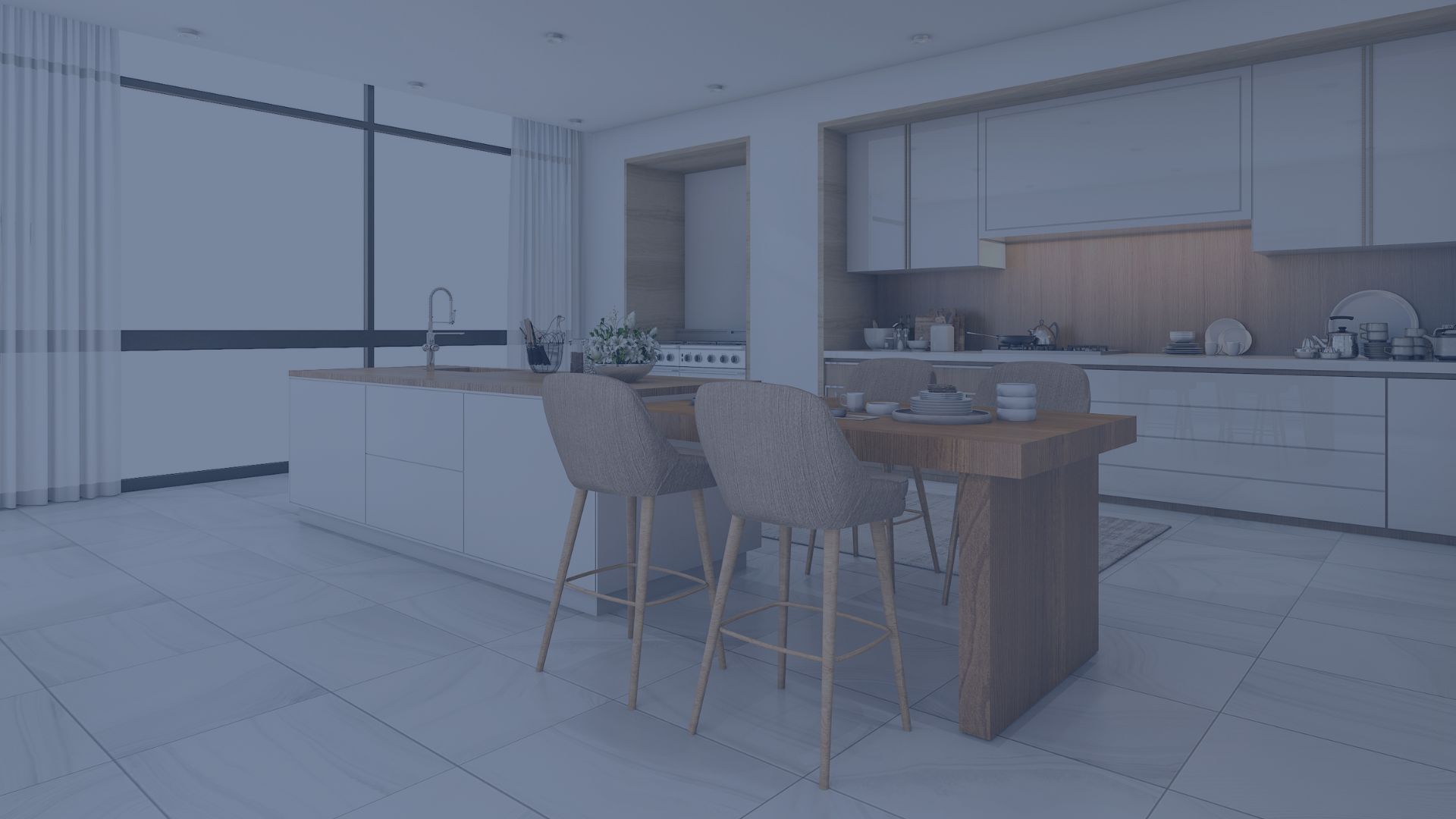Canadian homebuyers were taken by surprise after it was reported that the Canada Mortgage and Housing Corporation (CMHC) terminated the First-Time Home Buyer Incentive, also known as the FTHBI. As of March 31, the CMHC announced that “no new approvals will be granted.”
While a chorus of industry experts asserted that the program possessed its flaws, others concede that the five-year-old initiative was one of several tools to help young families and households achieve the Canadian dream of homeownership.
Looking ahead, prospective homebuyers will now need to pursue other avenues to improve their chances of acquiring a residential property, whether a single-family home or a condominium. What measures can Canadian first-time homebuyers employ anyway?
Let’s take a look at how first-time homebuyers can get their feet in the door of real estate with these financial planning tips.
RRSP Tactics
Did you know you can use your Registered Retirement Savings Plan (RRSP) for your home-buying endeavours? It is true! Here are three ways you can use it to your advantage.
The first is the Home Buyers’ Plan (HBP). This allows first-time homebuyers to borrow up to $60,000 from their retirement savings for a down payment without suffering tax penalties. Additionally, if you are purchasing a home with someone who is also a first-time homebuyer, that individual can also use the $60,000 program. In total, this would give you up to $120,000 for a down payment. The catch? It must be repaid within 15 years.
The second is to dump your down payment in your RRSP for 90 days to receive a tax break. Just be careful because if the money is not in your retirement savings account for a minimum of 90 days before being withdrawn, you might not be eligible for a tax deduction.
Lastly, you can withdraw from several RRSPs if you are the sole owner of each retirement plan. The total amount taken out cannot surpass the maximum withdrawal amount. Additionally, the HBP amount must be claimed on your tax returns in that calendar year.
First Home Savings Account (FHSA)
The First Home Savings Account (FHSA) is another registered savings plan dedicated to acquiring a home. It was introduced by the federal government in 2022. It has several components that can accelerate your goal of making the most significant purchasing decision of your lifetime:
Tax-deductible contributions and withdrawals.
- A $40,000-lifetime contribution limit.
- A maximum of $8,000 in unused contribution room can be carried forward to the following year.
- The account can stay open for 15 years, or until the end of the year you turn 71.
Home Buyer’s Amount (HBA)
The Home Buyer’s Amount is a non-refundable income tax credit that can be used for qualifying homes. While this is generally used for first-time homebuyers, you are not required to be one if you receive the disability tax credit or you buy a property for someone eligible for the disability tax credit.
So, what homes would qualify? Here is a list from the Canadian government:
- Single-family houses
- Semi-detached houses
- Townhouses
- Mobile homes
- Condominium units
- Apartments in duplexes, triplexes, fourplexes, or apartment buildings
Mortgage Affordability Calculators
How much mortgage could you be approved for and afford? The CMHC has an in-depth tool at your fingertips. In addition to the federal agency, banks and other mortgage lenders also maintain these features to help you determine what could be available to you by calculating your income, assets, liabilities, and other critical financial components relevant to your home-buying efforts.
As a reminder, here is a breakdown of the down payment requirements:
- $500,000 or less: Five per cent of the purchase price.
- $500,000 to $999,999: Five per cent of the first $500,000 of the purchase price and 10 per cent of the remaining portion above $500,000.
- $1 million or more: 20 per cent of the purchase price.
Typically, by crunching the numbers, you can answer some of these rudimentary questions:
- Can you comfortably afford the home?
- Do you have enough savings in the event of an emergency?
- Is there an adequate down payment to avoid mortgage insurance and reduce your monthly payments?
- Do you see yourself living here for longer than five or ten years?
- Would you pass the stress test?
Budget Accordingly
Many first-time homebuyers will make the mistake of only budgeting for the main facets of home buying: principal mortgage and interest costs. However, various steps in the process will eat into your budget, primarily in the form of closing costs. This generally consists of land transfer taxes, attorney fees, and administration costs.
There are other budgetary items to add to your calculations:
- Home inspection
- Utility connections
- Condo fees
- Property taxes
- Home renovations or replacements
Suffice it to say you will need as much as four percent on top of your down payment.
Save Whatever You Can
In the end, when you begin your home-buying journey, you will need to save whatever you can. It is excellent to take advantage of these savings vehicles and rebates. However, because this is a heavy responsibility, you must set aside as many funds as possible. This would include putting income raises, tax refunds, and any other windfalls or injections into a high-interest account. Moreover, you can trim around the edges of your monthly budget, whether reducing your restaurant visits, cutting back on your grocery spending, or ending your gym membership.
Anything can happen on the road to home ownership. You must have the confidence that you have the funds to cover any hiccups or hurdles.





